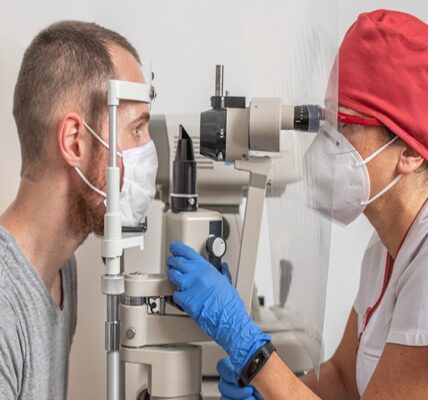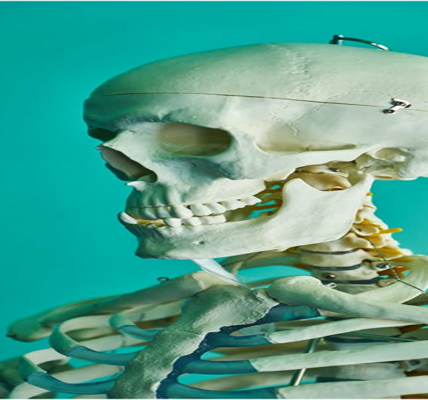Pregnancy is when your body needs more vitamins and minerals than usual. Prenatal vitamins are a great way to ensure you get all the essential nutrients you need during pregnancy. Taking a daily prenatal vitamin is an easy way to ensure you get the proper nutrients you need for yourself and your baby. Folic acid, iron, calcium, and vitamin D are vital nutrients to consider in a prenatal supplement. These are essential for a healthy pregnancy and can help reduce your risk of developing pregnancy complications like high blood pressure and preeclampsia. Iron is necessary for oxygen delivery to your fetus. Calcium protects your growing fetus from bone loss. Folic acid helps reduce your baby’s risk of neural tube defects (such as spina bifida and anencephaly).
Prenatal chiropractic care is a specialized form of chiropractic treatment focused on maintaining the health and alignment of a pregnant woman’s spine and pelvis. It aims to reduce discomfort commonly associated with pregnancy, such as lower back pain, pelvic imbalance, and sciatica, while promoting optimal fetal positioning. Gentle, non-invasive adjustments can help support a smoother pregnancy and may contribute to a more comfortable labor and delivery.
Folic Acid
Folic acid (folate or vitamin B9) is a crucial nutrient for pregnancy. It can help reduce the risk of congenital disabilities in babies, including neural tube defects that can affect the brain and spine (spina bifida). The Centers for Disease Control and Prevention (CDC) recommends that women who may become pregnant take 400 micrograms (mcg) of folic acid daily, starting before conception and continuing through early pregnancy. This amount is found in most prenatal vitamins. In addition to folic acid, many prenatal vitamins contain iron, which both you and your baby need. You should also eat iron-rich foods, such as lean meats and beans. Some prenatal vitamins contain fatty acids, like docosahexaenoic acid and arachidonic acid (DHA and ARA). These fats suit you and your baby, as they can accumulate in the brain and eyes. It is best to start taking your prenatal vitamins three months before you want to get pregnant.
Iron
You need a lot of iron during pregnancy because your body needs it to make hemoglobin, a protein that helps carry oxygen throughout your body and your baby’s. It would be best if you also had it because your uterus and other organs grow, increasing blood supply to those areas. The most important way to keep your iron levels up is to eat plenty of foods that contain this mineral. Those include beans, dark green leafy vegetables (e.g., spinach), dried fruit, fortified cereals and loaves of bread, and heme iron (from red meat, poultry, and fish). It’s also a good idea to consume vitamin C-rich foods, which help your body absorb the iron from them better. You can find vitamin C-rich foods such as citrus fruits, strawberries, kiwi, tomatoes, and bell peppers. Some women may experience side effects such as constipation from taking iron supplements.
Calcium
Prenatal vitamins ensure pregnant women and their babies get all the necessary nutrients. They may contain folic acid, iron, and other vital vitamins and minerals. Folic acid, a B vitamin, helps decrease the chance of congenital disabilities like spina bifida. The Centers for Disease Control recommends that all women of childbearing age take folic acid daily. Calcium, a mineral, helps your baby’s bones and teeth grow. It also works with Vitamin D to support bone development and protect against osteoporosis later in life. It can help reduce your risk of hypertension, pregnancy-induced high blood pressure, and preeclampsia. It’s essential during the last few months of your pregnancy when you have the greatest need for calcium. The amount of calcium you need depends on your diet, but it’s best to include calcium-rich foods such as low-fat dairy products and dark, leafy vegetables in your daily meals. It’s also a good idea to take a calcium supplement during pregnancy. Some prenatal vitamins are fortified with DHA, an omega-3 fatty acid that aids brain development and can promote the growth of your baby’s hair and skin. Eating enough of this nutrient is essential since a deficiency can cause congenital disabilities like brain and eye problems.
Vitamin D
Vitamin D is a vitamin that plays an essential role in your body’s overall health. It’s necessary during pregnancy, as it can help prevent complications like preeclampsia and gestational diabetes. It can also help your baby’s bones grow strong. Vitamin D can be obtained naturally from sunlight and certain foods or supplements. The best source of vitamin D is sunlight, but people who live in northern latitudes or areas with high pollution or work night shifts may need more sun exposure to produce the right amounts. Most people need about 400 international units (IU) of vitamin D daily, although many experts recommend taking 4,000 IU daily during pregnancy to ensure adequate levels.
Additionally, people with darker skin tones can have lower blood levels of vitamin D because the pigment (melanin) reduces the body’s ability to absorb sun ultraviolet B (UVB) rays. Currently, serum concentrations of 25-hydroxyvitamin D (25(OH)D) are the leading indicator of vitamin D status. Levels below 30 nmol/L (12 ng/mL) are considered a deficiency, and levels above 50 nmol/L (20 ng/mL) are considered adequate for most people. If your vitamin D levels are low, your doctor can determine if it makes sense for you to take a supplement.









